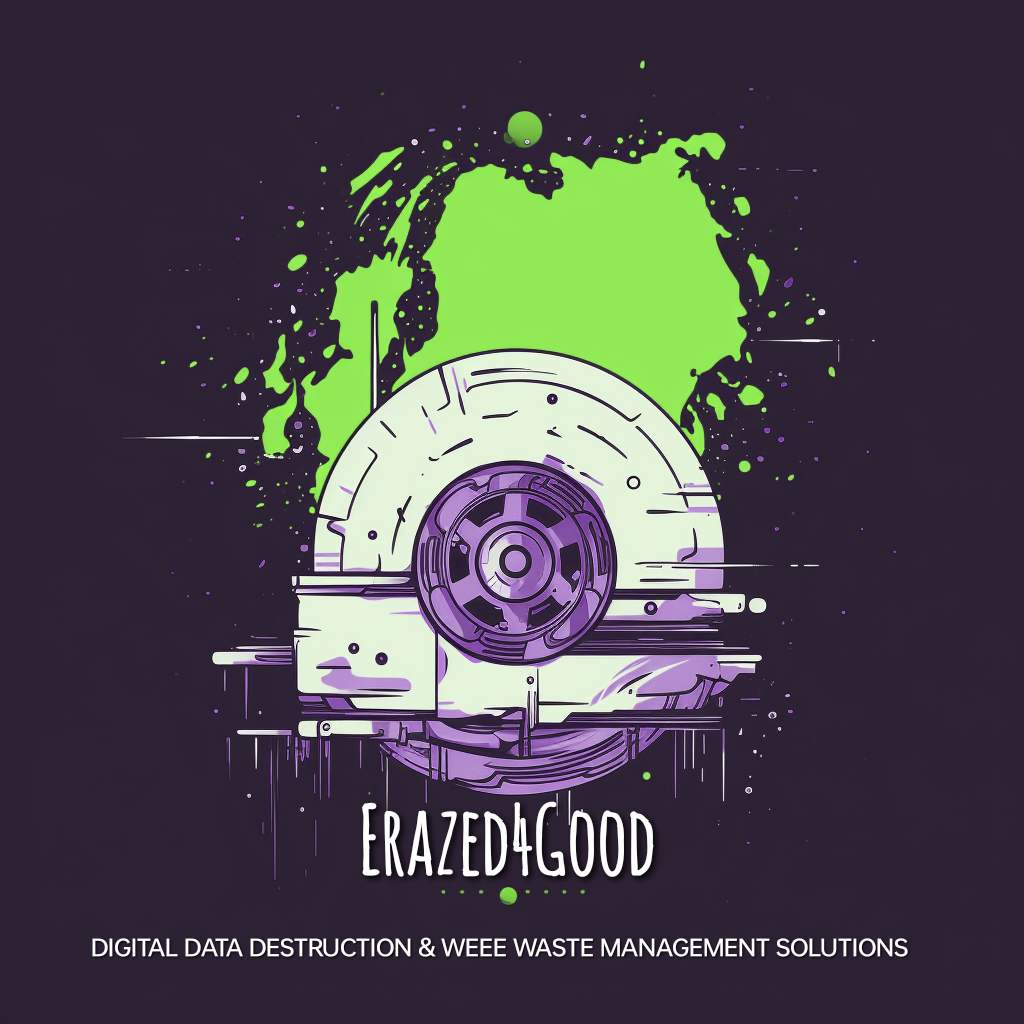Landlords and GDPR
As a landlord, recognizing and prioritizing the safeguarding of your tenants’ personal information is paramount in today’s data-driven landscape.
The General Data Protection Regulation (GDPR) stands as a cornerstone, outlining stringent regulations governing the collection, processing, and storage of data.
In this intricate landscape, this comprehensive guide serves as your compass, illuminating the complexities of GDPR and providing a roadmap for the implementation of essential measures.
It is not merely a legal obligation but a proactive stance towards preserving the privacy and security of your tenants.
This guide delves into the nuanced aspects of GDPR, offering insights and practical steps to empower landlords in navigating the regulatory intricacies, fostering a secure environment, and ensuring meticulous compliance with the law.

Registering with ICO
To comply with GDPR, landlords must register with the Information Commissioner’s Office (ICO) if they store, use, or delete tenant personal information using electronic devices. The registration fee is £35.00 per year, and you can easily check if registration is necessary using the ICO’s online tool.
Reminder
Landlords must ensure GDPR compliance when handling IT Gear left by previous tenants to avoid potential Law Suits
Adhering to lawful bases for data processing, including legitimate interest and contract fulfillment, is crucial. Under GDPR, tenants customers have rights such as accessing their information, except for data processed under legal obligations. Landlords should establish procedures, register with the ICO, and provide GDPR-compliant privacy policies to protect data fraud, and maintain legal standards, and build trust.
Landlord GDPR & Requirements
Documenting Processing Activities
Compliance with GDPR requires documenting all processing activities related to tenant data. This involves identifying the types of personal information held, the recipients of this information, and the data retention period. Categorizing tenants into groups, such as enquiring tenants, prospective tenants, live tenants, and ex-tenants, will assist in this process. Additionally, providing tenants with a privacy policy outlining data usage and sharing is essential.
Lawful Basis of Processing
Landlords must have a lawful basis for processing tenant data, which may include legitimate interest, contractual fulfillment, legal requirements (e.g., deposit prescribed information, right to rent checks), or consent in specific situations. It is important to ensure that any data processing aligns with these lawful bases.
Landlord GDPR Minefields
In the realm of landlord responsibilities, one often overlooked but critical aspect is the management of old IT equipment left behind by previous tenants. Beyond the apparent logistical challenge, there lies a GDPR minefield that landlords must navigate cautiously. The disposal of this equipment, whether through sales or discard, poses inherent risks associated with customer data.
Landlords, unwittingly or not, may become custodians of sensitive information, especially when the equipment finds its way into the hands of training schools or involves data about children. The General Data Protection Regulation (GDPR) casts a shadow over such scenarios, emphasizing the liability landlords bear when it comes to ensuring the proper handling and disposal of personal data.
The dangers are not confined to mere legal ramifications; they extend to the potential harm caused by a data breach. Imagine the consequences if customer data, possibly containing confidential training records or children’s information, falls into the wrong hands. The reputational damage to both landlords and the individuals affected can be severe, with legal repercussions amplifying the gravity of the situation.
To address these challenges, landlords must adopt a proactive approach. Implementing robust GDPR-compliant practices, such as thorough data erasure procedures and secure disposal methods, becomes imperative. This not only safeguards landlords from legal pitfalls but also establishes a foundation of trust with tenants. Additionally, thorough documentation of data processing activities and the adoption of privacy policies aligned with GDPR principles contribute to a comprehensive compliance strategy.
In essence, the intersection of GDPR and landlords requires a nuanced understanding of data protection obligations. It calls for diligence in managing IT equipment left behind, recognizing the potential risks involved, and embracing measures that not only adhere to legal requirements but also prioritize the protection of individuals’ privacy in an increasingly digital age.

Privacy Policies
Once the foundational lawful bases for data processing are established, landlords assume the crucial responsibility of transparently communicating these practices to tenants.
This communication is facilitated through the provision of GDPR-compliant privacy policies, ensuring tenants are well-informed about the usage of their data. In our commitment to aligning with GDPR principles, we have diligently updated various forms integral to the tenancy process.
These include applications for accommodation, assured shorthold tenancy agreements, lodger agreements, garage letting agreements, storage letting agreements, and car parking space agreements.
——————
In the context of existing tenancies, landlords can breathe a sigh of relief as there is no imperative need to create entirely new agreements solely for GDPR compliance. Previous versions of residential tenancy agreements already incorporated privacy notices, demonstrating a proactive approach to data protection.
However, for the seamless adherence to GDPR standards, new tenancies should be equipped with the updated GDPR privacy notice.
This ensures that tenants entering into fresh agreements benefit from the latest privacy protocols, fostering a consistent and up-to-date framework for data management.
In essence, the integration of GDPR principles into existing and new tenancies underscores the commitment to safeguarding tenant data and maintaining transparency in data processing practices.
Through the incorporation of GDPR-compliant documentation, landlords not only fulfill legal obligations but also contribute to building trust with tenants, emphasizing the mutual respect for privacy within the landlord-tenant relationship.
Processing Personal Information
Ensuring GDPR compliance for landlords hinges on the alignment of data processing activities with lawful bases. Legitimate interest, contract fulfillment, and adherence to legal requirements represent prevalent lawful bases that provide a robust framework for responsible and compliant data processing. By adhering to these established foundations, landlords can navigate the intricacies of GDPR with confidence, safeguarding both tenant data and their legal standing in the realm of data protection.
Tenants’ Rights under GDPR
Under GDPR, tenants have the right to access information landlords hold about them. Landlords should have a procedure in place to address such requests. Additionally, tenants have the “right to be forgotten,” allowing them to request the removal of their data. However, this right does not apply to data processed under legal obligations, such as right-to-rent checks.
Complying with GDPR is crucial for landlords to protect tenant data and maintain legal and ethical practices. By registering with the ICO, documenting processing activities, and providing GDPR-compliant privacy policies, landlords can build trust and ensure the safety of personal information.
Final Thoughts
GDPR compliance is essential for landlords to protect their tenants’ personal data and maintain a trustworthy relationship. By understanding the registration process, documenting data processing activities, and providing privacy policies, landlords can meet the requirements of GDPR and ensure the security of tenant information. Keeping up-to-date with the latest regulations and tenants’ rights will further strengthen your compliance efforts. Safeguarding tenant data is not only a legal obligation but also a fundamental step towards building a positive and responsible landlord-tenant relationship.


